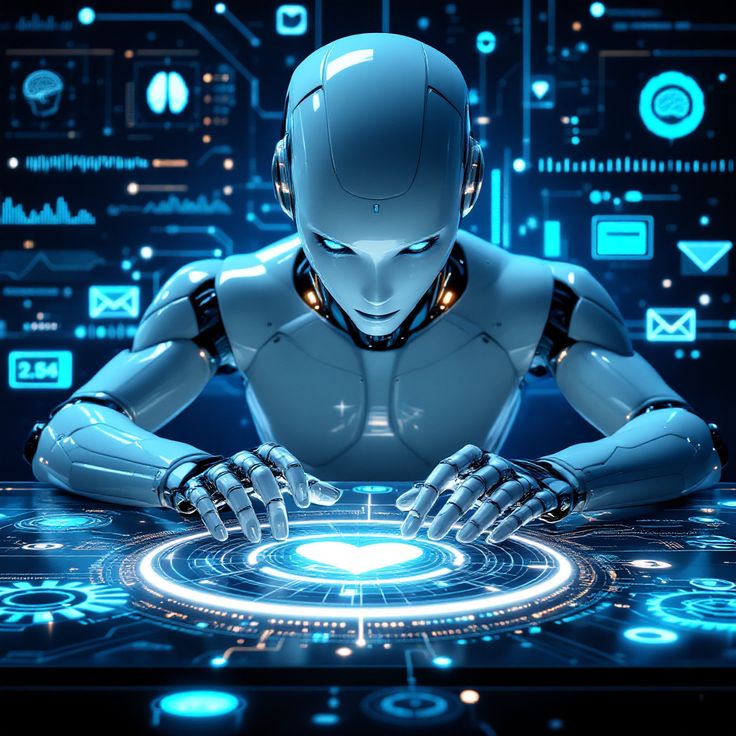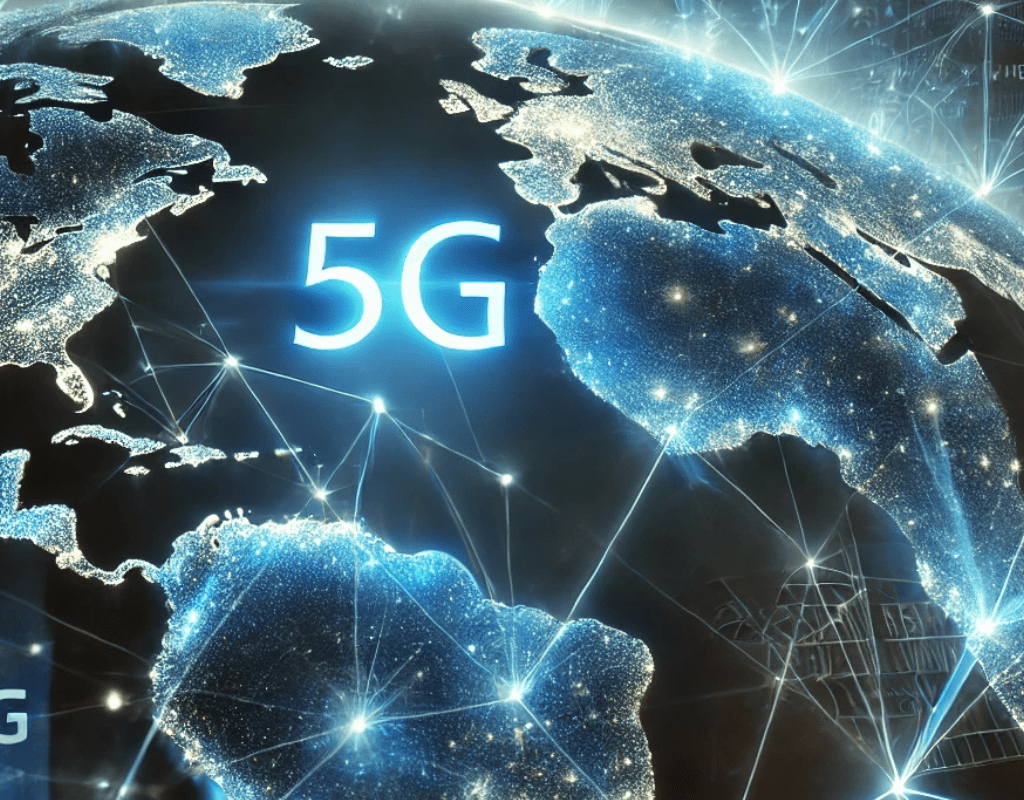Introduction
Today we discuss AI-generated content ethics. With the evolution of artificial intelligence (AI), the usage of AI-generated content has gained a lot of traction lately. This leap opens a new debate about AI content ethics alongside moral consequences of automated labor.
Whether it be journalism or marketing, AI tools can churn out articles, advertisements, and social media posts at dizzying speeds. But there are ethical problems with these practices that need to be explored. So, in this article, we will discuss the main ethical issues and implications of AI-generated content across different fields.
Making sense of what it means for content to be generated by AI
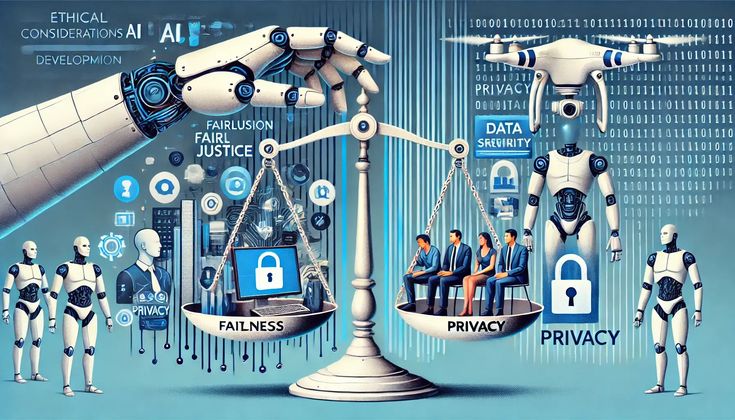
AI-generated content is any text, image, or media created by artificial intelligence algorithms. They take huge amounts of data and create coherent and relevant content. Although AI brings efficiency and productivity, it entails ethical challenges over authorship, authenticity, and accountability. As we continue to embrace the capabilities of AI in our own lives, it is essential that we understand these ethical concerns regarding AI-generated content in order to navigate the potential complexities that lie ahead in our highly digital world.
The Effect on Creativity and the Creation of Intellectual Property
One of the biggest ethical issues concerning AI-generated content ethics is the effect on creativity and authorship. AI systems are also producing creative works, and that raises issues regarding who owns the content and the value of human creativity. Others claim that the emotional depth and the original expression arising from human experience will forever be missing from AI-generated content. Avatars: This leads into a discussion about the nature of AI and the fact that it is not really an author or artist in its own right as it doesn’t create from an internal instinct or inspiration but on data that already exists.
Risks of Misinformation and Disinformation
It is also afoul of AI content generation, and everyone can produce content due to its rapid pace, leading to misinformation and disinformation. AI algorithms are able to generate articles or social media posts that sound realistic but could be hyperbole or not factually true. The dissemination of misleading information is a growing problem with significant implications, especially in sensitive domains like politics and health. As a result, it is important to set standards that both regulate the trustworthiness of AI-generated content and help with misinformation combative action.
Transparency and Disclosure
A key aspect of ethics in AI-generated content is transparency. We need users to understand when they are consuming AI generated content and when they are consuming human created content. Transparent disclosures help cultivate trust, communicating to audiences where the information is coming from. Providing transparency will help sustain ethical premises of content creation and promote responsible usage of AI technologies across all verticals.
Responsibility and Accountability
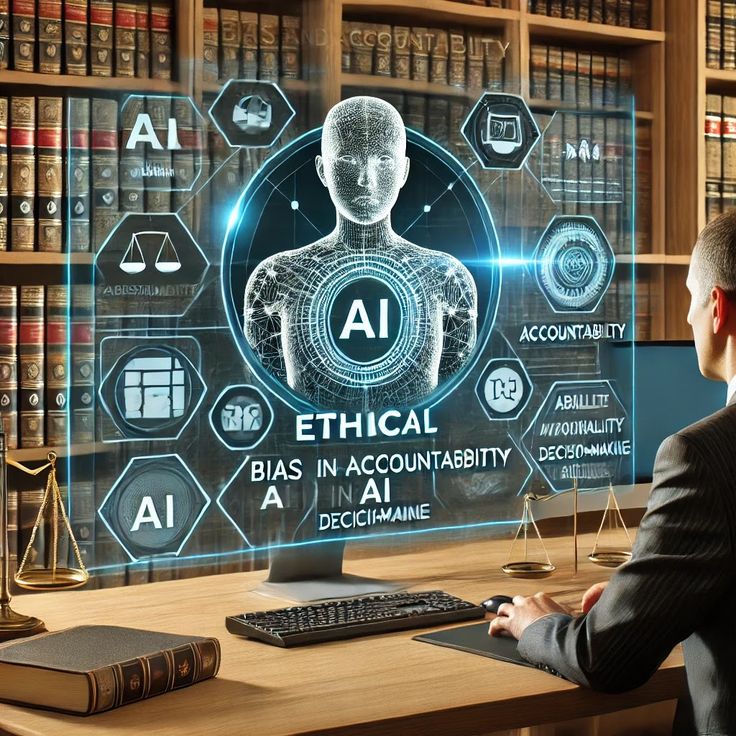
As AI-generated content proliferates, it will be important to establish accountability and responsibility for whatever is produced. Who is responsible for an AI system that generates harmful or misleading content? Is it the developers, the users, or the AI itself? When done rightly, this will create transparency and accountability. This mechanism of accountability also helps provide a concrete framework for adopting ethical AI practices in industries.
The Role of Regulation
It is imperative that regulation explicitly targets the ethical issues around AI-generated content. We should work together to develop sensible and appropriate standards around the use of AI to generate content. These regulations would need to cover issues such as authorship, transparency and accountability. A comprehensive framework will also help establish ethical guidelines that can make AI development responsible while protecting the user from misleading or dangerous content generated by AI.
Copyright and Other Intellectual Property Issues
There are complex intellectual property issues relating to this AI-generated content. The issue of copyright ownership is raised when the work is earned by AI. Who owns the rights to a piece of art or writing generated by a machine? This ambiguity adds complexity to existing copyright laws, which were built with human creators in mind. In order to overcome these issues, we must be prepared to establish new legal structures that can accommodate the unprecedented nature of AI-created works and also guarantee the rights of all parties implicated.
Ethical AI Development
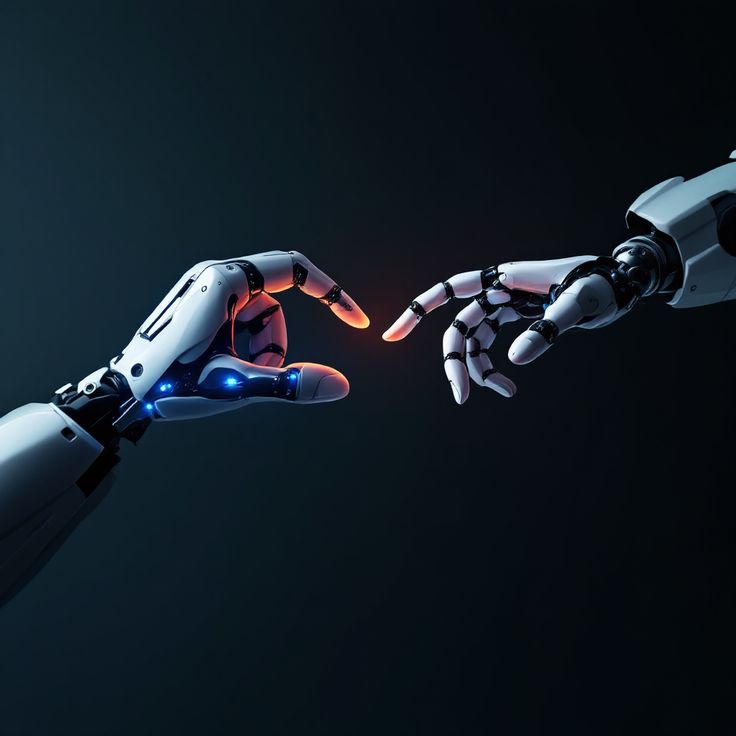
The promotion of ethical research is at the core of all the issues related to AI-generated content ethics. Ethical guidelines should be the foundation upon which AI systems are developed by researchers and developers. Such as using bias mitigation strategies, applying data privacy, and including multiple point-of-view in training data. The emphasis on ethical AI can help mitigate the risks associated with automated decision-making and ensure that automation adheres to fluidity in sisterhood.
So we need human interpreters who can work with these tools.
Although AI has giant properties, the manufacturing of the content isn’t always fully constructed with out human supervision. Content generated by AI should not substitute for human creativity, human judgment, or human ethicsと。 Rather, AI tools can be tools that should be used to augment human creativity and productivity. With careful integration of these technologies into our workflows, we can ensure that content is not only created at pace but also remains true, accurate and ethically derived.
Future Considerations
The ethical considerations around AI writing will develop alongside the advancements in AI technology. Just a few of the areas that it is necessary for creators of new technology, developers, and policymakers to keep abreast of today, or risk losing in terms of relevance tomorrow. AI ethics pertaining to content generation will continue to be a crucial topic in ongoing discussions measuring the impact of AI on content creation and how to ensure AI works for the best interests of mankind.
Conclusion
In today’s digital age, it is crucial to navigate the ethical challenges of AI-generated content ethics. To discuss about creativity, misinformation, transparency, accountability, and intellectual property as Artificial Intelligence in technology is evolving with time. With that, we can mitigate the risk of this content while being able to harness the power of AI, as long as we all are careful about implementing and creating ethical practices. By continuing to discuss such ethical considerations we can work toward ensuring AI will become a positive for our society.

